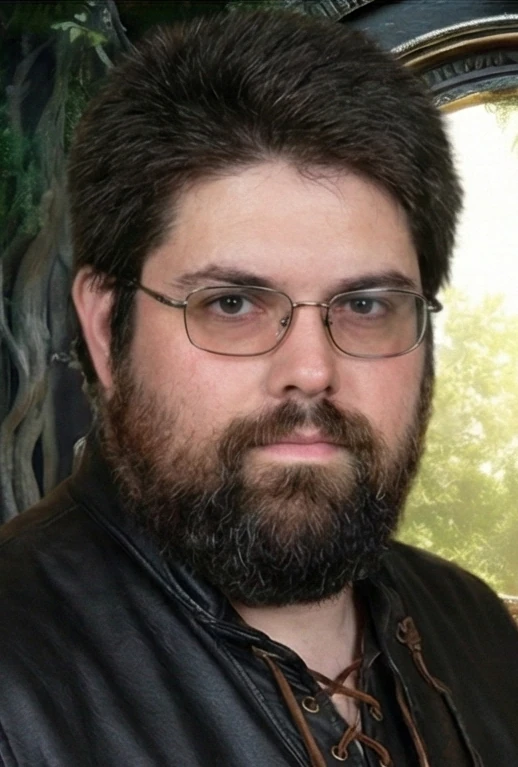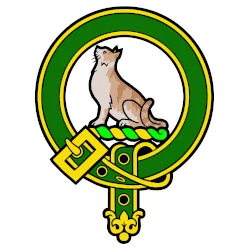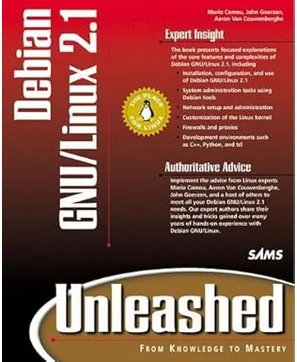To Green Angel Tower
Having rejoined Prince Josua, bearing the great sword Thorn, Simon (now knighted as Sir Seoman Snowlock) must begin to fight in earnest. King Elias has sent an army to destroy the stronghold of Prince Josua’s resistance. Only if that army can be defeated will the prince be able to make his claim credible before the realm and attract the support necessary to topple Elias from the throne. Even in defeat, however, the sword Thorn must be kept from the clutches of the Storm King, for in that great sword and its two brothers lies the power to defeat Prince Josua’s enemies… or so prophecy seems to say.
The first half of To Green Angel Tower details the struggle to preserve Josua’s chances to win back the throne and solve the riddle of the three Great Swords, while Princess Miriamele struggles merely to survive the consequences of her decision to seek aid from the Nabbanese. Slowly and gradually, the mysteries of Osten Ard are revealed to us as the various peoples of the land are caught up in the struggle.
At 800 pages in paperback format, and with a very natural end point, there can be no question that “Part 1” is more than capable of standing on its own as an independent novel. Clearly the author and publisher have gone to some length to preserve the idea of the series as a trilogy. Luckily they have chosen to do so by lumping two novels together under one title rather than cutting half the material from each. To Green Angel Tower is the final act of the drama, and its rich complexity would have suffered under an editor’s knife.
The pacing problems that plagued the first novel and were a minor annoyance in the second have been banished. While the length of the story still requires patience, the author has found his stride and moves neither too quickly nor too slowly to hold the reader’s attention. Fans of epic fantasy will not be disappointed.
The conclusion to the Memory, Sorrow, and Thorn trilogy is suitably epic, albeit sustaining the high level of tension almost too long. Nearly the entire second half of the book can be described as the climax, resulting in a final confrontation that spans several hundred pages and tries the endurance of even the fastest reader.
When Miriamele decides to abandon Josua’s camp, Simon is faced with the choice of following her on her terms, abandoning the Prince’s cause himself in the process, or allowing her to travel alone through a land torn by war. As her sworn knight and champion, it is not really a choice at all… but it will have dire consequences all the same.
While Simon and Miriamele rush towards destiny, Prince Josua travels the longer path to the Hayholt – going by way of Nabban, in order to rally them to his cause behind the banner of Sir Camaris, storied wielder of Thorn and heir to the ruling seat of that region. Meanwhile the League of the Scroll seeks to unravel the mystery of the Great Swords, for even if Minneyar and Sorrow can be wrested from the grasp of King Elias, Prince Josua still has no idea how they may be used to defeat the Storm King… although hints are in fact beginning to appear.
Experienced fantasy readers will enjoy the revelations that this book contains about the history of the Hayholt and Simon himself, even if many of those revelations are predictable. It is that predictability that prevents this trilogy from being a groundbreaking fantasy epic; although masterfully written, the paths that Tolkien pioneered are now well-traveled.
The final confrontation, though well-handled, unfortunately reveals little additional detail about the nature of the Great Swords and their unique power. Despite continual reassurances that those three swords are immensely powerful artifacts, there is little evidence for that premise on the part of Thorn and Minneyar. That’s not enough to bother most readers, but it left me somewhat disappointed; magic swords should have some magic about them!
If you’ve followed the trilogy thus far, you won’t be significantly disappointed and you probably won’t be surprised. There is nothing about the conclusion of the trilogy to either condemn or redeem it by comparison to the preceding works. Well-written epic fantasy, but it’s not going to change the world.


